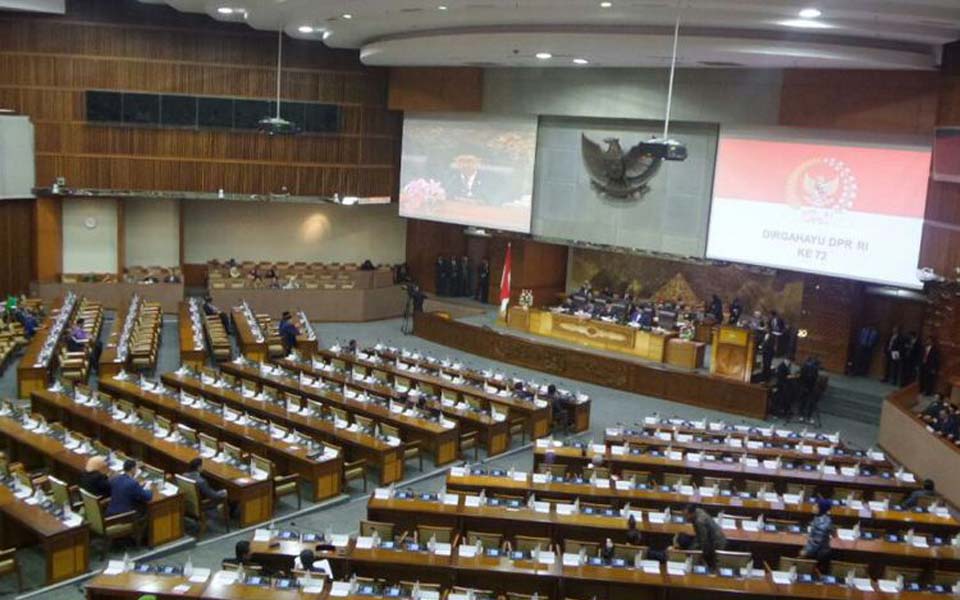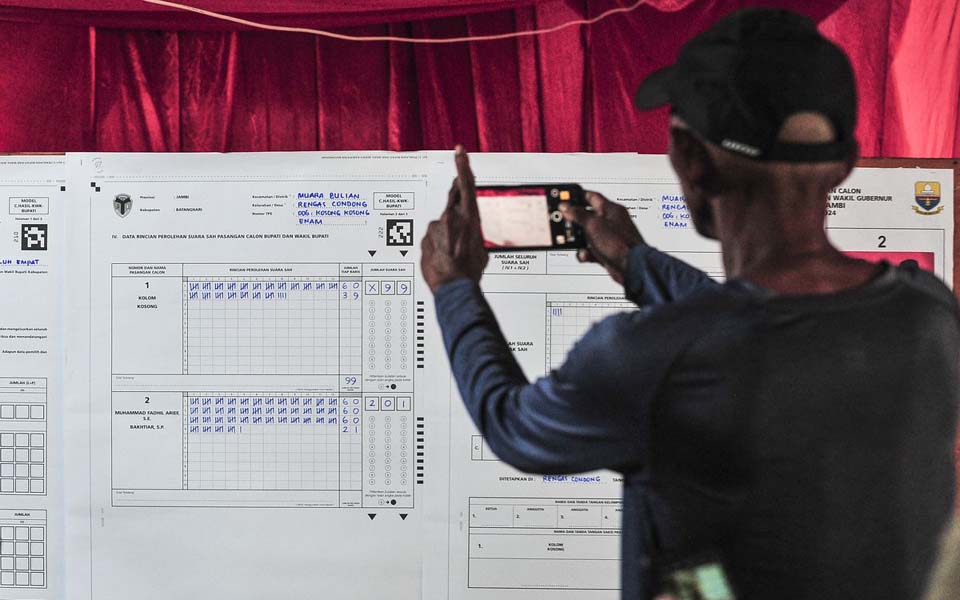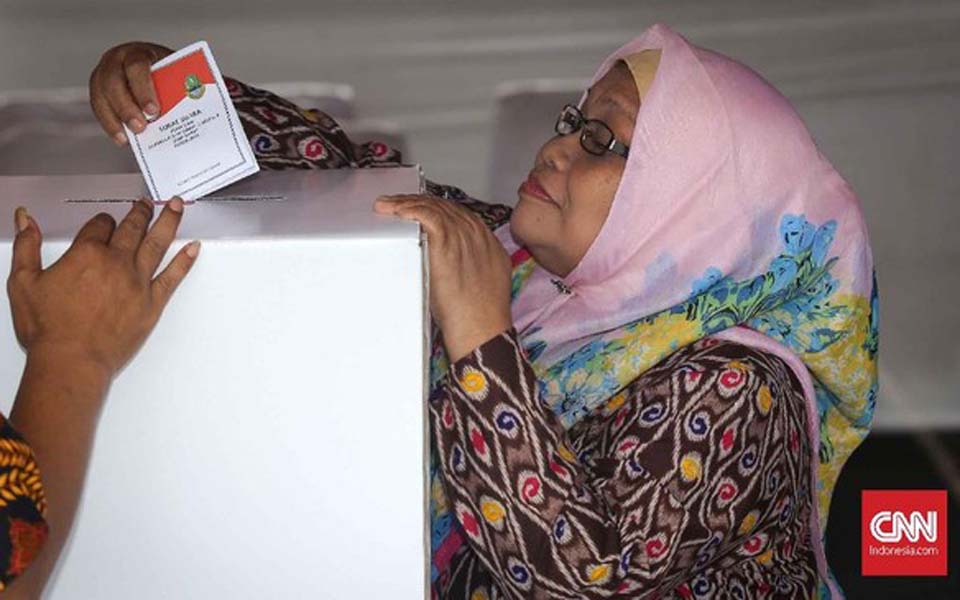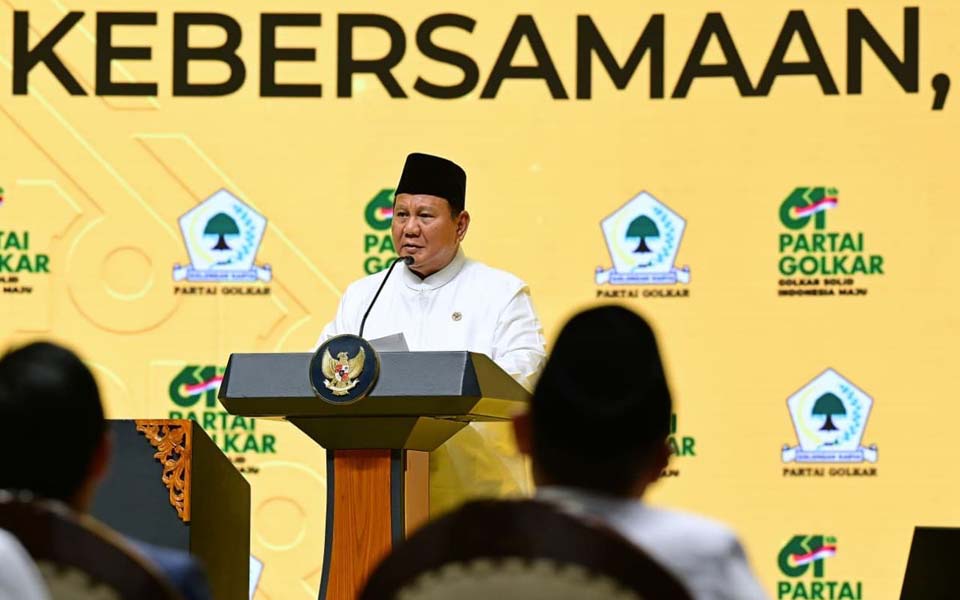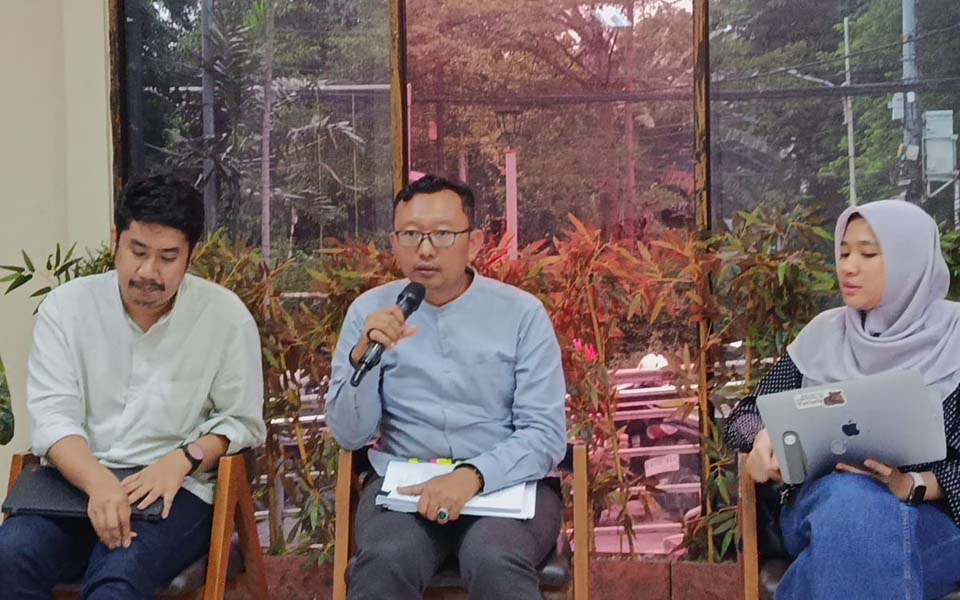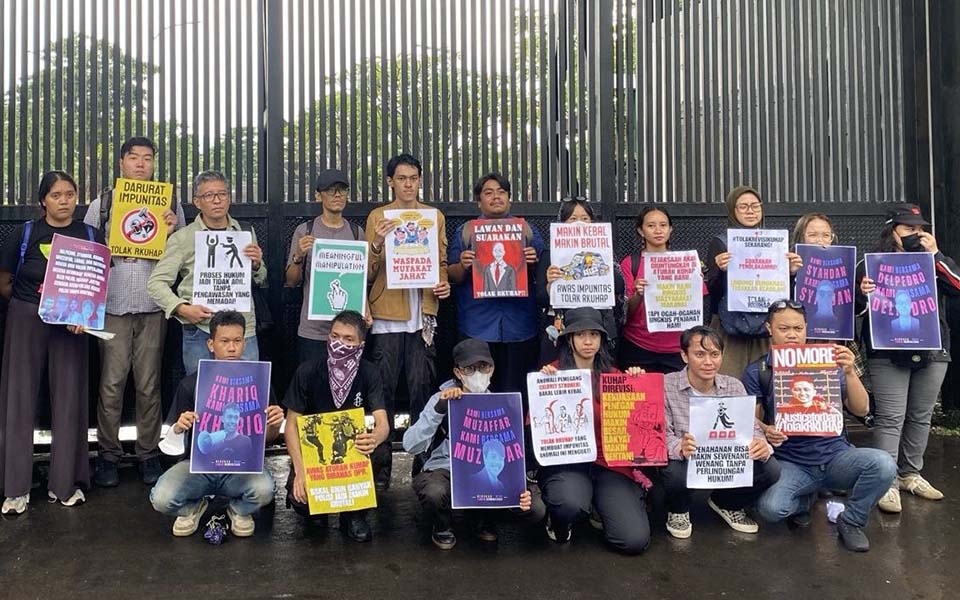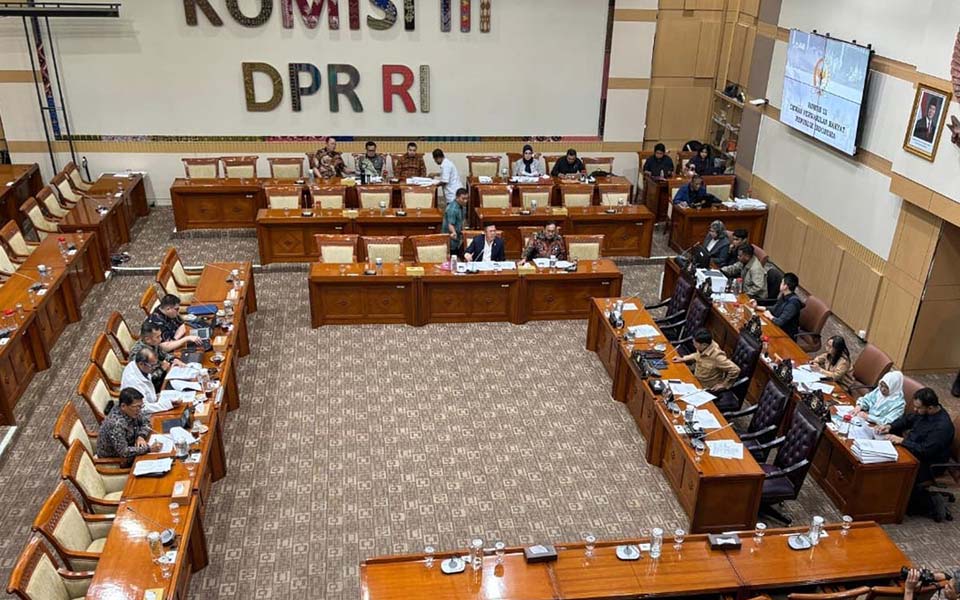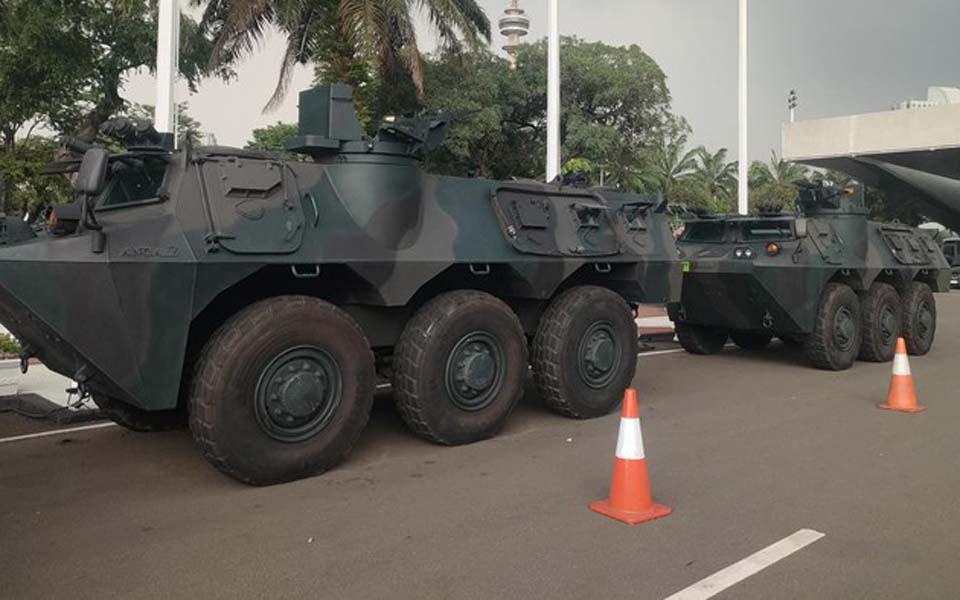Jakarta – The mechanism of checks and balances that should be carried out by the House of Representatives (DPR) over the government is progressively disappearing. The DPR has now simply become a kind of “stage performance” because all policies are now fully discussed and decided on at the Joint Secretariat (Setgab) of coalition political parties supporting the government that control the majority of seats in the parliament.
This view was conveyed by Social and Political Science Faculty educator AAGN Ari Dwipayana from the Gadjah Mada University in Yogyakarta, Central Java, when contacted from Jakarta on Sunday October 10. “The DPR has now become a performance arena for political maneuvers”, he said.
The two most recent example of this was a Setgab agreement to support whoever is nominated by the president as the candidates for the next Indonesian military commander-in-chief and national police chief.
Since the Setgab was formed on May 6 this year and chaired by President Susilo Bambang Yudhoyono, almost all policies that have been determined and decided upon by the parliament were first discussed at the Setgab. Moreover, not infrequently the decisions taken by the parliament are decisions that have already been agreed to earlier by the Setgab.
Policy making no longer involves all members of parliament, but just a handful of the political party elite that are members of the Setgab. Policy decisions by a handful of the elite indicate the emergence of a new oligarchy.
Moreover the involvement of the public or society as a consideration in policy making has unfortunately, almost disappeared. Yet ideally, society should also be involved in policy making. “Democracy demands not just formal public representation, but also substantive [representation]. The public should be directly involved in policy making. The public’s aspirations are being stunted,” said Dwipayana.
It is because of this that Dwipayana believes that the relationship that is currently being built between the parliament and the government is a collaborative relationship. The DPR simply safeguards government policies without considering the public’s wishes. The mechanism of checks and balances that should be carried out by the parliament has also disappeared.
Social and Political Science Faculty educator from Airlangga University in Surabaya, Airlangga Pribadi, added that the DPR appears to have been neutralised because the composition of the political parties supporting and opposing the government is unbalanced. The forces supporting the government are stronger, namely six out of the nine political parties in parliament.
This situation results in policies and government proposals being easily agreed to by the DPR. “The forces supporting [the government] are stronger so the president’s policies are easily to get through,” he said.
And it is not just the parliament that has been neutralised. Pribadi also believes that the president has lost his prerogative right. The reason, he alleges that there is interference by the Setgab in decision making, including decisions that should be the prerogative right of the president. (NTA)
[Translated by James Balowski.]





